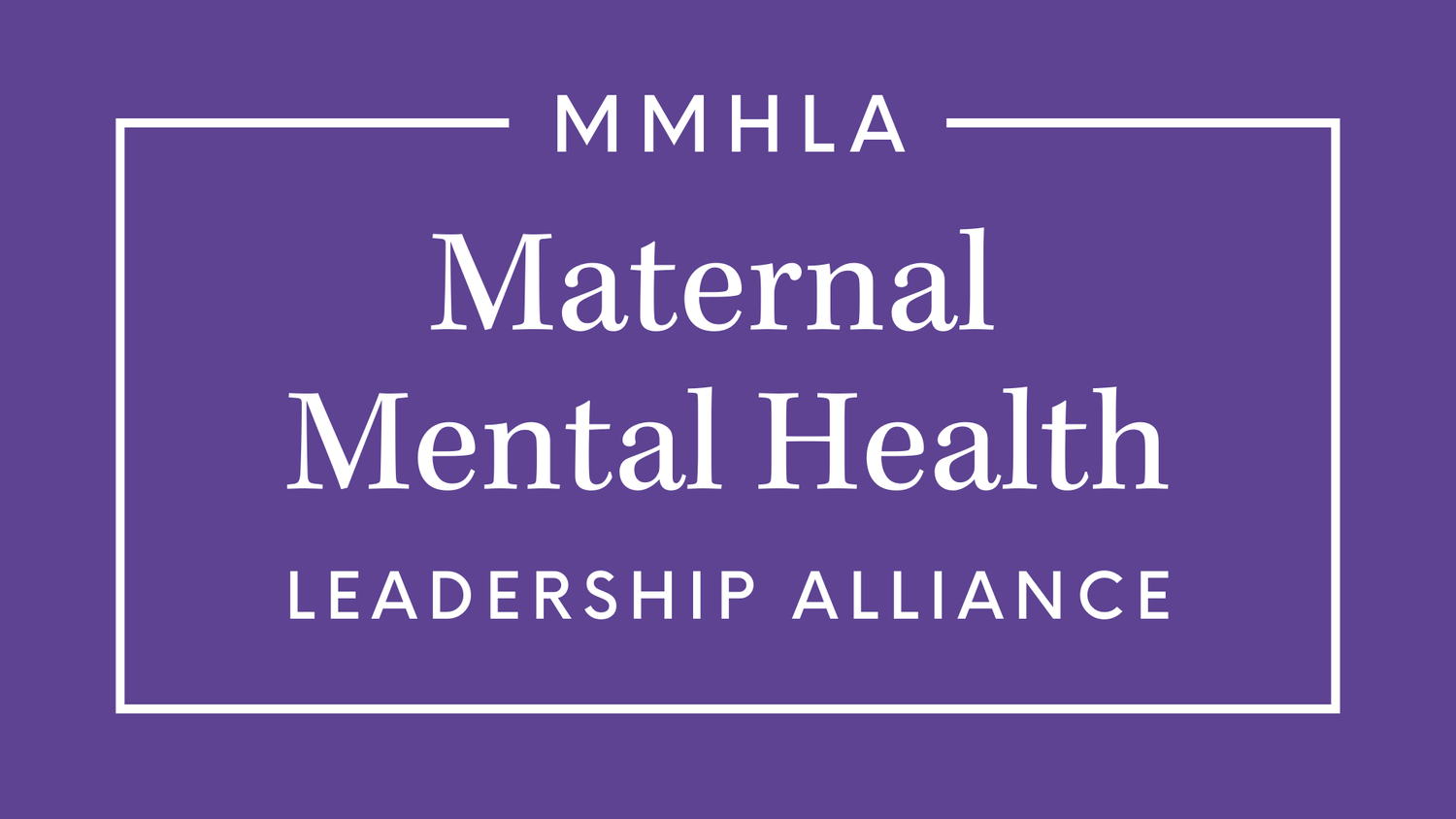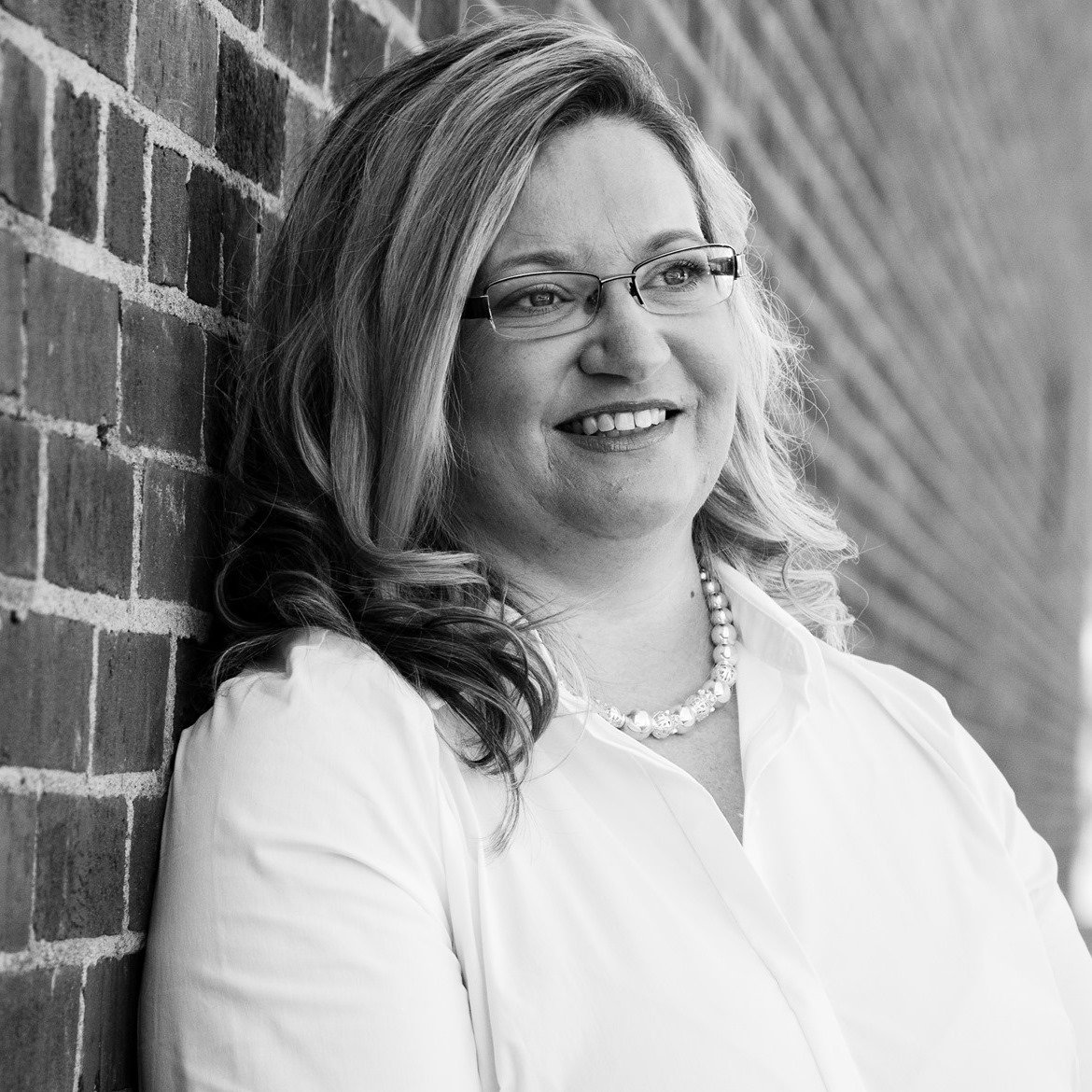Survivors of Pregnancy and Postpartum Psychosis Speak Out
Adrienne Griffen, MMHLA’s Executive Director, recently talked with two postpartum psychosis survivors: Teresa Twomey, the author of Understanding Postpartum Psychosis: A Temporary Madness, and Kristina Dulaney the founder of Cherished Mom, a nonprofit organization in Tennessee that is dedicated to promoting awareness, education, and support for perinatal mood and anxiety disorders.
Teresa Twomey is a PPP survivor, and the author of Understanding Postpartum Psychosis: A Temporary Madness.
Teresa and Kristina have teamed up with two other survivors to lead Pregnancy and Postpartum Psychosis Awareness Day, which takes place this year on May 5, 2023. Teresa and Kristina were also featured on the Dr. Phil Show on a special episode in February 2023 dedicated to postpartum psychosis.
Kristina Dulaney is a PPP survivor, the founder of Cherished Mom and Pregnancy and Postpartum Psychosis Awareness Day.
Pregnancy and postpartum psychosis (PPP) is the most severe of maternal mental health conditions, impacting 1-2 women per 1,000 live births. Because of the increased risk of suicide and infanticide, those suffering from PPP require immediate medical attention.
Learn more about pregnancy and postpartum psychosis with MMHLA’s Fact Sheet.
Continue reading to learn about:
Kristina’s and Teresa’s lived experiences as PPP survivors.
How family members and friends can help someone suffering from PPP.
How the U.S. can do more to prevent and respond to PPP.
How survivors of PPP and others impacted by the illness can raise awareness, connect with each other, and heal.
Adrienne: PPP is often referred to as “rare” in the clinical world. Teresa, you wrote a blog post about your issue with clinicians and researchers using this word. Can you explain?
Teresa: When clinicians and researchers use the word “rare” to refer to pregnancy and postpartum psychosis, they are unintentionally making childbearing people think that PPP will not happen to them. Sending this message encourages childbearing people to do nothing, which is risky because preparation is key to improving outcomes and preventing tragedies. Words matter. Instead of using the word “rare” to describe something as dangerous as PPP, we should instead educate childbearing people and their families that PPP can happen to anyone who becomes pregnant or gives birth, which is why everyone should be aware and prepared for it. Doing this could save someone’s life.
Adrienne: Can you talk about the suffering that comes with PPP?
Teresa: There is a great deal of suffering when PPP leads to a tragedy, such as a woman harming herself or someone else. Even when there is not a tragedy, PPP survivors usually experience significant suffering.
First, the hallucinations and delusions themselves can be traumatic. Second, the realization of the experience can also be traumatic: the knowledge that you have “lost your mind” can be shattering. It can feel like your mind has betrayed you. It can cause self-doubt, fear of relapse, and even shame.
PPP survivors talk about grieving — grieving being separated from their baby if they are hospitalized, and grieving for the experience they thought motherhood would be. And, of course, there is the impact of the experience on their family, partner, and others in the home.
Kristina: Women also suffer with the shame and stigma of PPP. Many PPP survivors say they have immense guilt about the things that they hallucinated, especially if those hallucinations focused on harming or killing their child(ren). There is widespread lack of understanding about PPP in general, but particularly how a mother could hurt or kill her child.
Adrienne: How and when should families intervene? What should they be looking for?
Kristina: It is important to watch for anything outside the ordinary or what is normal for that person, such as bizarre or irrational thoughts, grandiose ideas, rapid speech, hyper-religious thoughts or ideas. Women experiencing PPP may look or seem fine, with just something a little “off” or just not right. It is important for families to know that it is OK to intervene and get help because even if it isn’t PPP, you might be saving a life.
Teresa: If something seems “wrong” or “off” it probably is. I could not read or follow a plot. I could not distinguish a television commercial from a show. Another survivor I know who is an accountant could not do math. The tricky part is that PPP can wax and wane. A woman can be highly functional for some time and then become suddenly psychotic. In addition, paranoia is a common symptom, so a woman may try to hide her psychosis.
Adrienne: Let’s talk about treatment. What options are available in the United States?
Kristina: According to Dr. Margaret Spinelli, a leading expert in the field, “Postpartum psychosis is a psychiatric emergency. Inpatient psychiatric treatment is essential to ensure the safety of mother and baby.” Sadly, there are not enough treatment options. There are approximately 4 million births in the U.S. each year, and there are only 4 inpatient psychiatry units in the country that specialize in treating pregnant and postpartum women.
In comparison, the United Kingdom has 22 mother-baby units (MBUs) for 680,000 births. MBUs in the UK and other European countries allow mothers and babies to be admitted to the same psychiatric unit in the hospital. This is so important for both mother and baby. They need to bond, mothers often want to breastfeed, and mothers may not seek treatment if they have to be separated from their baby.
It is incredibly traumatic for women who are admitted to general psychiatric units, where they might be strip-searched, where they are in the same unit as people with other serious mental illnesses such as schizophrenia, or where the treatments are designed for other types of issues such as addiction. Many women report being further traumatized by their hospitalization in a psychiatric unit. This is yet another reason why we need specialized psychiatric units dedicated to pregnant and postpartum women, so that they can get the expert care for and understanding of these illnesses.
It is also tragic that there is not a “gold standard” for how to care for women experiencing PPP. When I was released after my hospital stay when I experienced PPP, I was given specific instructions: I was not to be left alone or left alone with my children; I was not supposed to drive or return to work for several weeks. But I talk to women all the time who leave the psychiatric unit with no follow-up plan.
Adrienne: What do you both think needs to change?
Teresa: There is so much. I cannot address it all in a short space. However, one important step is legislation. The United Kingdom’s infanticide laws presume that harm done by a woman in the postpartum period is due to a disturbance of mind, not malice. This puts the focus on prevention and treatment rather than punishment. There is no greater punishment for a woman than to realize that she took the life of her child; she will live with that knowledge for the rest of her life. She does not need a prison sentence; she needs psychiatric care and compassion. Currently there is only one state – Illinois – that has legislation addressing postpartum psychosis. Susan Feingold has an informative book about working for that legislation.
Kristina: There is so much we need surrounding PPP that it is hard to address in a single answer or even blog post. We need inclusion, awareness, understanding, acknowledgement, education, training, resources and so much more! We need a gold standard for how to assess PPP, how to treat PPP, and how to prevent tragedies when PPP is present.
Adrienne: How did Pregnancy and Postpartum Psychosis Awareness Day come to be?
Kristina: We felt for a long time that more PPP education and awareness was needed. I suggested an awareness day to Teresa in 2020, and she said “Go for it!” We launched PPP Awareness Day that very year. PPP Awareness Day is always the first Friday in May; this year it is May 5.
Teresa: PPP Awareness Day has two primary purposes: First, it helps to raise awareness about PPP separate from tragic events. Second, it gives survivors the opportunity to share their stories and collaborate on making a difference. It is designed to be survivor-led, not just survivor-informed.
Adrienne: How can PPP survivors connect with others?
Teresa: There are a few closed Facebook groups for survivor support and survivor involvement, and Postpartum Support International runs two virtual support groups, one for women who experienced PPP and one for family members, but we need to do much more. We need to create a robust community that provides a safe space of acceptance and understanding where survivors can bring their whole selves — a space that can include close friends and family members, a space to connect, create, contribute, celebrate resilience, and a space to honor the lives of those lost to this illness.
Adrienne: Is there anything else either of you would like to add?
Teresa: It is important to have survivors at the table, otherwise the conversation excludes our specialized knowledge that comes from a synthesis of education and training experience of the illness itself and advocacy experiences.
Kristina: We are behind in so many ways: in the medical system, which lacks resources for prevention and treatment; in our legal system, which sends women to prison for the remainder of their lives; in parental education and first-responder training; and even in our ally-ship, which often forgets to include survivor-advocates at the table.
Where to Get Maternal Mental Health Support
National Maternal Mental Health Hotline - (833) 9-HELP4MOMS or (833) 943-5746
Suicide & Crisis Lifeline - Call or text 988
National Crisis Text Line - Text HOME to 741741
Find a trained mental health provider through the Postpartum Support International directory.
Connect with others who have faced similar struggles at the Postpartum Support International peer mentor program.



